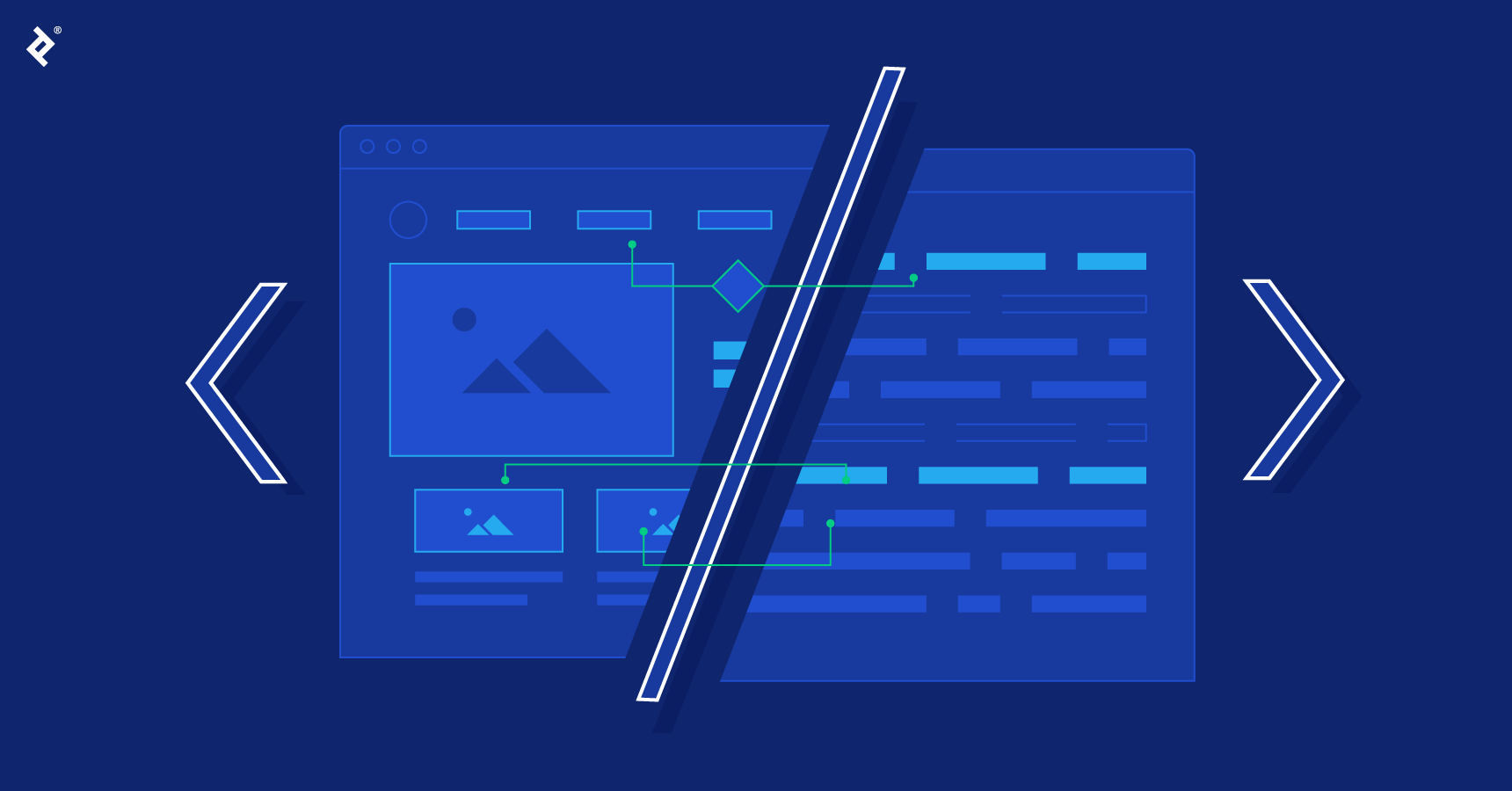In the changing world of construction and design, the design-build method is increasingly attracting attention for its consolidation of the design and construction process. But the important factor that makes this method more perfect is individualization. In design-build projects, customization is not only a way to have the specific needs of clients met but also an enrichment to the construction process by making sure that the resultant products are not just functional but also uniquely desired by each client.
Customization: The Client-Centric Approach
The core of customization is customer-driven orientation. The traditional approach to construction mostly consists of different entities for design and construction, which may introduce discrepancies between the designed and actual construction. On the other hand, design-build method places architects, engineers, and builders in one team from the outset, thus, ensuring a more than responsive and harmonious process in whatever clients wants and needs. The integration ensures smooth transition of ideas and modifications across the lifecycle, making every detail reflect the client’s desire.
Enhancing Functionality and Aesthetics
In design-build projects customization encompasses more than aesthetic delights but also functionality improvements. Every client has specific operational requirements, such as a residential home that needs adaptive living spaces for accessibility or a commercial building that is designed for an efficient workflow. Customization enables creative solutions that can incorporate state-of-the-art technologies and sustainable practices, therefore making these buildings much more efficient and future-proof. In addition to addressing the short-term requirements, these customized solutions take into account the long-term use and flexibility, essential for a changing environment.
Economic Effectiveness Via Tailored Solutions
There is a fallacious belief that custom solutions are always more expensive. Though, the design-build model makes it way cheaper to have tailored building. When key stakeholders are engaged from the beginning the instances of expensive changes and rework significantly reduce. Such cooperative setting helps the team in finding out the cheapest materials and way of construction that still remains within the project’s budget yet without sacrificing quality and design intent. In addition, customized solutions increase the project’s value for money, usually resulting in higher satisfaction and improved use of the developed space.
Sustainability and Customization
The importance of sustainability has always increased in construction projects. Thus, the customization in the design-build framework ensures the embedding of the sustainable practices and materials that are in line with the environmental values of the client. It may involve the use of locally available materials, energy saving systems, and designs that help reduce the impact on the environment. Customized solutions give the possibility to merge these efficient choices in the project, in all aspects that are claimed, making the building as a whole more effective and reducing the carbon dioxide footprint.
Case Studies: Customized Success
Examples from the “fielding” world also show the strength of customization in design-build projects. A particular design build company that specializes on educational facilities may rely on customization to develop interactive learning spaces that correspond to the school’s pedagogic process. A hospital is another example of design-build being used to create patient-centered environments that improve comfort and result in better health, for instance. The examples illustrate that customization deals with the specific challenges and serves different sectors in unique ways.
Conclusion
Unmeasurable is the significance of customization in design-build projects. By doing so, it keeps the client’s requirements and aims to the forefront by making sure that each stage of the process from the inception to completion is in line with their expectations. Customization supports innovation, improves performance, and leads to economic value, all the way encouraging sustainable building practices. Under the changing landscape of the construction industry, the customization of the design-build system will play an important role in making the projects efficient, sustainable, and in line with the client’s objectives and vision. By this way design-build methodology ceases to be just a construction model but a client-focused solution for future.










